Wondering if Pigs Need Grain? Then Read This (Pros and Cons)
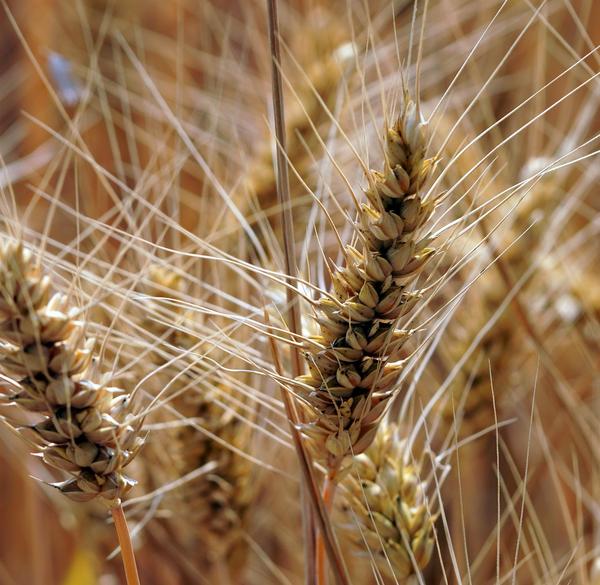
Ever wondered if pigs need grain?
Bet you've got a few lingering questions about those oinkers. 😊
Do they really need the stuff, or can they survive without it?
If you're feeling uncertain about feeding your precious porkers the right way, don't worry.
I've got your back.
Let's dive in and find out the truth.
The Pros and Cons of Including Grain in Pig Feed
Including grain in pig feed is cost-effective, but there are risks. Small cereal grains like barley and wheat may contain harmful mycotoxins. Consult a nutritionist to choose safe grains. Safety is crucial when feeding our precious porkers.
Including grain in pig feed is a cheaper option, my friend.
It's more cost-effective than other types of feed.
However, you need to be careful. Feeding pigs small cereals like barley and wheat can be risky.
These grains might have mycotoxins such as deoxynivalenol (DON) and ergot alkaloids that could harm your pigs. But don't worry just yet! There are ways to ensure the grain is safe for your pigs' diet. The first step is to consult a nutritionist who specializes in this area. They have the knowledge to help you evaluate and select the right grains.
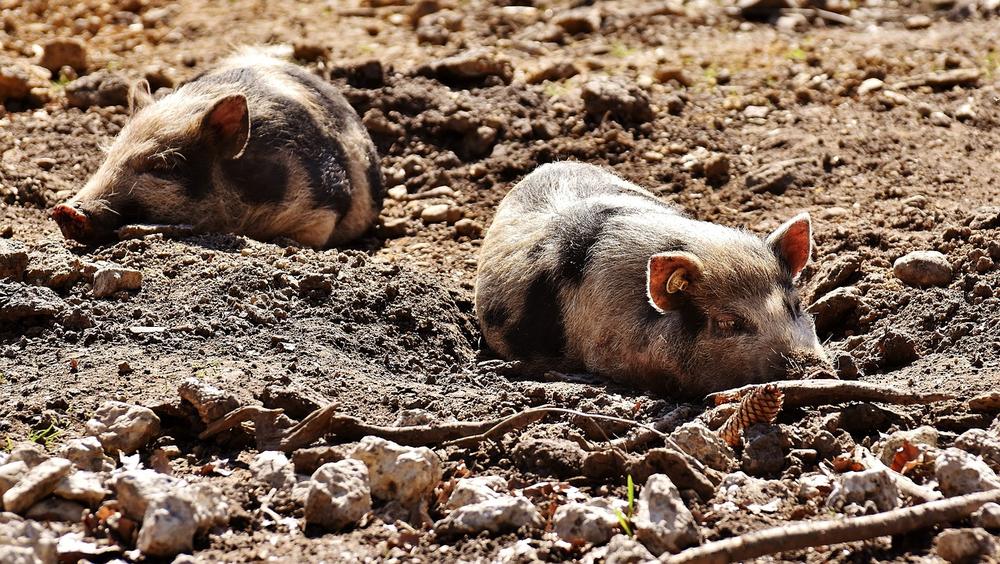
It's always better to be safe than sorry, especially when it comes to our precious porkers.
By working closely with a nutritionist, you can choose grains that are free from harmful substances. This will ensure that you're providing your pigs with high-quality feed that meets their nutritional needs. Yes, it may require some extra effort, but it's worth it for the well-being of your pigs. You see, it's important not to overlook the inclusion of grain. Mycotoxins can cause significant health problems for pigs, so consulting an expert will give you peace of mind.
Together, you can make informed decisions about which grains to use, keeping your pigs healthy and happy. So remember:
Include grain in pig feed because it's cost-effective, but be cautious.
Get advice from a nutritionist to ensure the grain is safe for consumption.
Your pigs deserve secure and nutritious meals.
Main points I'll expand upon further down this article:
- Domesticated pigs have a varied diet that includes both plant and animal food.
- Pigs are omnivores and can consume a wide range of foods.
- High-energy, low-fiber diets with sufficient protein are crucial for pigs.
- Different breeds have varying protein requirements, with fast-growing breeds needing more protein.
- Cereal grains like wheat, barley, oats, rye, and triticale can be successfully used in pig diets.
- Testing ingredients and formulating diets is crucial when switching to wheat or barley diets.
- Hulled oats are ideal for gestating sows, while oats in general can prevent constipation, reduce diarrhea, and prevent ulcers.
- Rye is less common but may become viable with improved varieties.
- Good pasture management can minimize the need for additional feed.
- When it comes to pig food requirements, foraged feeds alone do not provide enough nutrition, so supplementary feed is necessary.
Understanding the Role of Grains in a Pig's Diet
Grains are essential for providing the energy that pigs need to thrive.
Pigs, like their wild boar ancestors, have diverse eating habits and enjoy both plant-based and animal-based foods.
As pigs mature, their protein and energy requirements decrease.
Nevertheless, they still require a high-energy, low-fiber diet that fulfills their protein needs.
This is where grains come in.
Wheat, barley, oats, rye, and triticale are examples of grains that contain carbohydrates, meeting the daily caloric needs of pigs.
These carbs provide the necessary energy to keep pigs lively and strong.
However, different pig breeds have varying protein requirements.
Fast-growing breeds typically need more protein in their diets, so you should consider this when selecting the appropriate grain.
It's crucial not to overlook the importance of lysine.
Lysine, an amino acid essential for lean growth, can be found in higher crude protein and lysine levels in cereals such as wheat and barley compared to corn.

Therefore, these grains can be excellent choices for pig diets.
However, prior to implementing these grains, you need to carefully test and formulate your pigs' diets to ensure suitable balance for their nutritional needs.
For gestating sows, hulled oats are highly beneficial.
They can help prevent constipation, reduce diarrhea, and even guard against ulcers.
While rye may not be as commonly used, improved varieties are becoming increasingly viable options.
Bear in mind that low-test-weight grains have lower energy content, which can impact pigs' growth rates and feed efficiency.
To maximize grain consumption, incorporating fiber-degrading enzymes can enhance digestibility. On top of that, proper pasture management can minimize the need for extra feed and leverage the nutritional value of available land.
However, it is vital to avoid feeding pigs just anything you find around, as certain foods like sugary treats can slow down their growth rates.
Exercise caution with milk, meats, and fish as they may carry viruses that could harm your pigs.
Always prioritize the health and well-being of your pigs by providing a well-balanced and nutritious diet.
Grains serve as an excellent source of energy that can help your pigs thrive and remain content.
And in addition to the role of grains, you have to consider other essential nutrients that pigs require for optimal health and growth...
Meeting the Nutritional Demands of Pigs
Pigs require a balanced diet that includes fat, protein, minerals, and vitamins. While foraging helps, natural sources alone are insufficient. High-lysine feeds like peas and soy provide necessary protein. Grain, like rye, should be limited and tested for safety. Different pig categories have specific feeding guidelines.
You know, pigs need good nourishment just like you do.
But here's the thing, a balanced diet is what keeps them healthy and happy.
Now, you might think pigs can eat anything they want, right?
Well, that's not quite the case. The truth is, not all foods are created equal, my friend.
Pigs actually need a combination of nutrients to thrive.
Feeding pigs is something you gotta put some thought into.
Firstly, these little guys require fat, protein, minerals, and vitamins in their diet.
Sure, foraging can help, but it's not enough on its own.
While pigs are omnivores and can eat many different foods, if you want optimal growth, they need a specialized pig feed that provides all the necessary nutrients.
Alright, let's get into the nitty-gritty of protein because it's super vital too.
Here's the deal, high-lysine feeds like peas, soy, and fishmeal are excellent sources of protein for pigs.
By including these in their diet, you ensure they get the protein they need for muscle growth and basic bodily functions.
On the flip side, grain should be consumed in moderation by pigs, especially rye.
Oh, and if you decide to feed them rye, ensure it's been tested for ergot contamination.
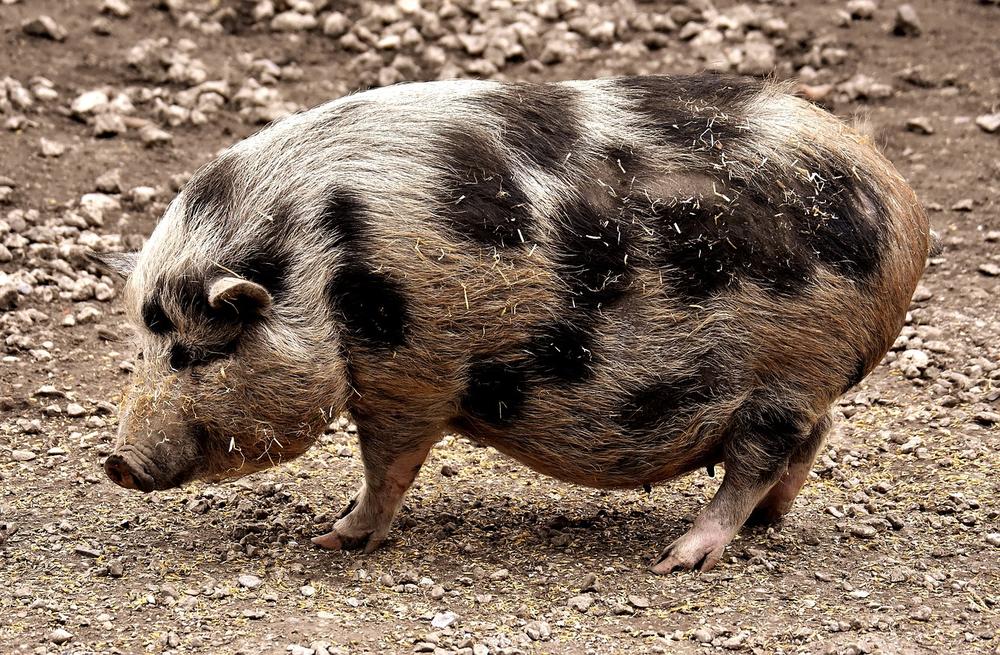
By the way, young pigs and lactating sows should also have limited rye consumption.
See, feeding pigs isn't a one-size-fits-all kind of situation.
It actually depends on factors like age, breed, and environmental conditions.
Feeding guidelines differ based on whether you're dealing with dry sows, lactating sows, weaned piglets, or fattening pigs.
Each category has specific nutrition requirements, you know?
Now please hear this loud and clear, pigs need about 4% of their body weight in food every day.
So if you have a 100-pound pig, that's 4 pounds of food daily.
And hey, don't forget to provide them with plenty of clean and cool water, especially when it's hot outside.
To sum it all up, a balanced diet is crucial for pigs' all in all health, growth, reproduction, and production.
Just adhere to these guidelines and feel free to consult professionals when introducing new feeds for your pigs.
That way, your pigs will be happy and healthy, and you won't have a single reason to worry.
Now that you understand the importance of a balanced diet for pigs, I bet you're wondering about the possibility of pig overeating.
If you've ever asked yourself whether pigs can overeat and what to do in such a situation, you're in luck.
In my blog post, you will find all the answers you seek.
Curiosity piqued? Learn more in my article about Pig Overeating
What to Feed Pigs
Including additional supplements in a pig's diet can boost their health and digestion.
Alongside commercial pig feed, fresh grass or pasture, whey, vegetable waste, and fresh fruits and vegetables provide valuable nutrition for these animals.

However, remember to exercise caution and steer clear of adding swill to their diet.
You have to follow the law and avoid any illegal practices that could be harmful to pigs' well-being.
By offering them alternative options like fresh greens and nutritious leftovers while adhering to legal guidelines, you can ensure your pigs receive the best possible care and nutritional support.
Avoid These Foods to Keep Your Pig Healthy
To keep your pig healthy, avoid certain foods.
Sure, you can give them fruits as treats, but don't go for grapes.
Grapes contain toxins that can mess up their kidneys.
You definitely don't want that... Oh, and watch out for the pits and seeds of apples, pears, apricots, and peaches too. These little guys have something called cyanogenic glycoside which can make your pig sick or even kick the bucket if chewed.
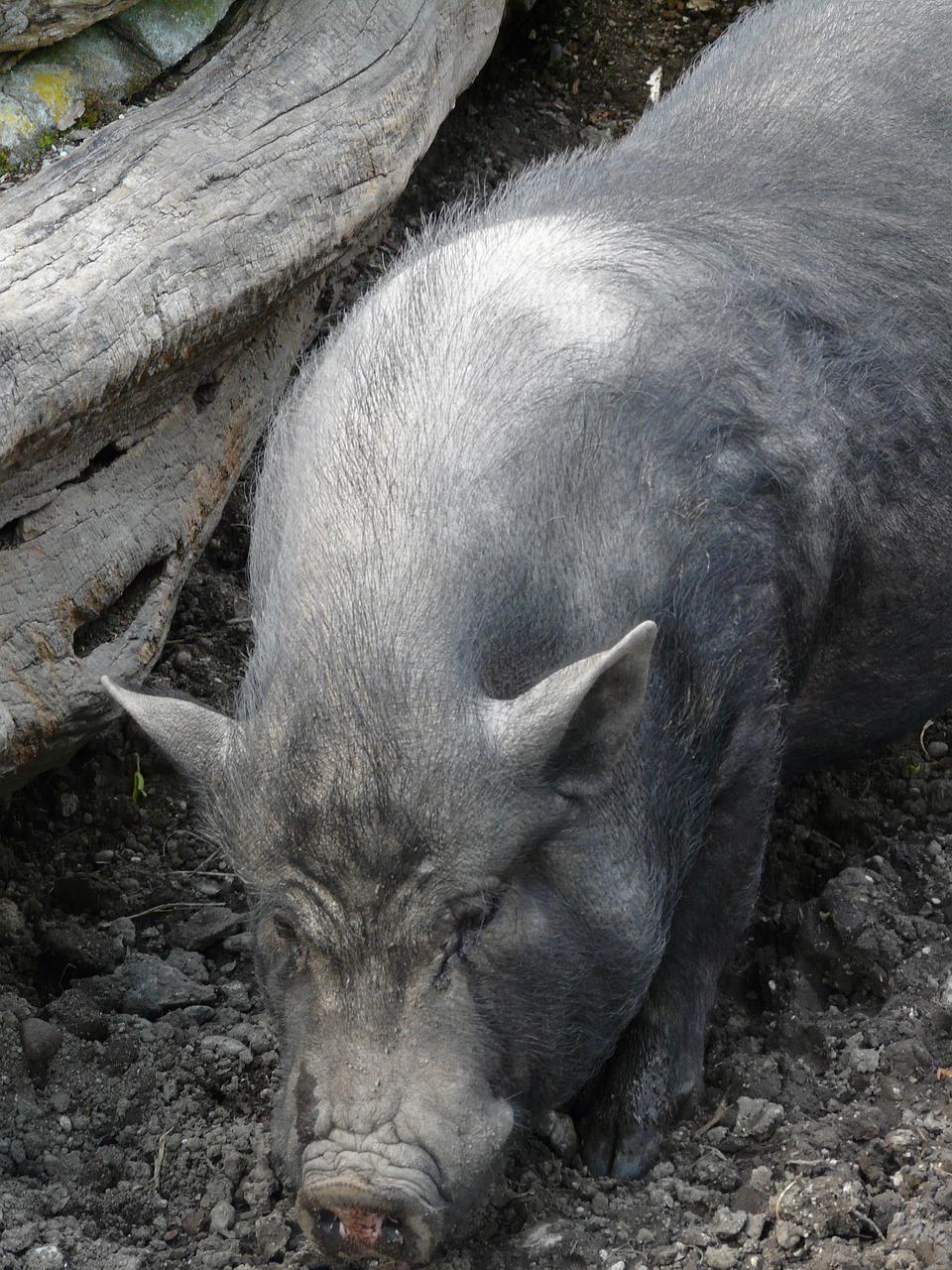
Provide potatoes in moderation.
Potatoes have these things called glycoalkaloids and solanine that can give your pig a stomachache, diarrhea, and hey, in large amounts, heart failure.
Another thing, keep things clean and tidy to reduce the risk of diseases and make sure your pig keeps eating well. And hey, when it comes to grains, pigs are more prone to mycotoxins than other animals, so take some extra care there.
So remember, be careful with what you serve your piggy!
And now let's shift our focus to the foods that are beneficial for your pig's diet!
Incorporating green fodder and other essential ingredients can provide necessary nutrients and contribute to maintaining good health for your beloved piggy:
Crafting Nutritious Homemade Pig Feed to Enhance Your Pigs' Well-Being
Green fodder: A nutritious addition to homemade pig feed
You should guarantee optimal nutrition for your pigs' feed, and green fodder is a highly beneficial addition to their diet.
Sprouted grains and legumes can give your pigs all the essential vitamins and enzymes they need for a well-balanced diet.
By including green fodder in their feed, you are providing them with the natural goodness of fresh, living plants.
And trust me, your pigs will absolutely love it!
Not only does it taste great to them, but it also helps them stay healthy.
Essential ingredients for a well-rounded diet
But green fodder isn't the only consideration when making homemade pig feed.
There are other important ingredients to think about as well.
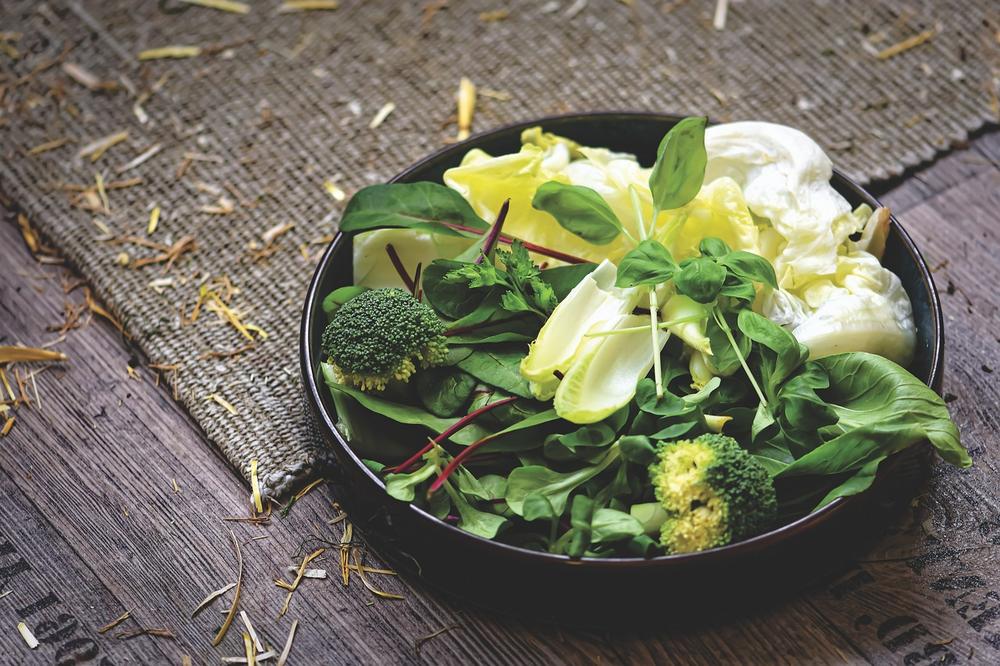
Ingredients like meat meal, fishmeal, soybean meal, blood meal, tallow, minerals, vitamins, salt, and limestone should all be included in their diet.
These ingredients provide the necessary nutrients to keep your pigs healthy and thriving.
They support growth, boost the immune system, and ensure overall well-being.
Taking control of your pigs' diet
Now, why should you bother making homemade pig feed?
Well, by crafting their feed yourself, you have complete control over what you put into it.
You can guarantee that your pigs are receiving high-quality ingredients and a perfectly balanced mix of nutrients.
Not to mention, it's also cost-effective.
Instead of relying on commercial feeds that may not always meet your pigs' specific nutritional needs, you can tailor their diet to suit them perfectly.
So take the time to consider what you are feeding your pigs.
With some effort and knowledge about the right ingredients, you can improve their well-being and witness them thrive.
And that's all for today folks.
Before you head out, I've got a question for you: Did my blog post help you out? If it did, it would mean the world to me if you could share it with your loved ones. Just click on any of the social media icons to instantly spread the word. Thank you so much in advance!
Until next time,
-Chris Campbell